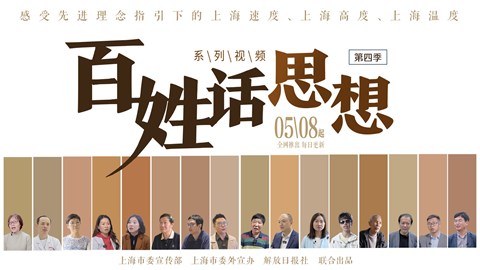Renji Hospital unveils rare disease treatment center
A complicated and rare disease integrative diagnosis and treatment center was unveiled on Monday at Renji Hospital, which consists of experts from different majors to offer patients quicker and more precise medical services.
Different from the current rare disease clinics, which mainly target children, the center in Renji serve both adults and children.
The hospital said it has offered diagnosis and treatment on 58 rare diseases in the nation's rare disease list, which has 207 diseases so far. About half of the adult rare diseases on the list have been treated at Renji's 24 clinical departments. The hospital has received over 4,000 cases of rare diseases in recent years, officials said.

Doctors of Renji Hospital are discussing complicated cases.
Diseases with incidences of 0.65 to 1 per 1,000 are identified as rare diseases. There are over 7,000 rare diseases worldwide. About 80 percent are inherited, affecting some 350 million people in the world and over 20 million in China. About half of rare disease sufferers are children. About 30 percent of children with rare diseases die before the age of 5. Rare diseases are also responsible for 35 percent of infant deaths younger than 1 year old.
"A difficulty in diagnosis is the major problem for rare disease patients. They usually have to tour among hospitals and departments for a long time to get a correct diagnosis. The new center streamlines the process, as doctors in ordinary departments will receive training to be aware of complicated diseases and possible rare diseases, and recommend patients to the new center," said Mou Shan, vice president of Renji Hospital. "Patients can also make appointments at the center by themselves."
To enhance the hospital's capability in complicated and rare diseases, Renji said it has introduced and developed new technologies such as self-designed genetic sequencing to diagnose certain rare diseases, use immunotargeted therapy on blood diseases, and innovative immunotherapy and stem cell technology on certain immune diseases of the nervous system.
"A mechanism of integrative cooperation between medics and technicians in different majors has been established to achieve multidisciplinary diagnosis and treatment for patients," Mou said.















